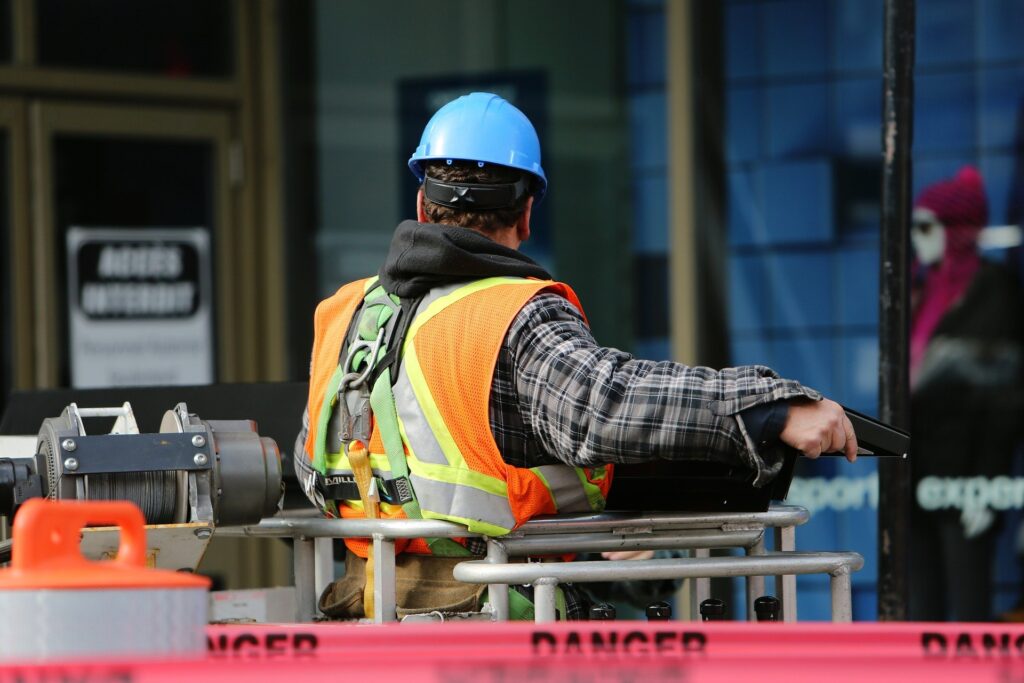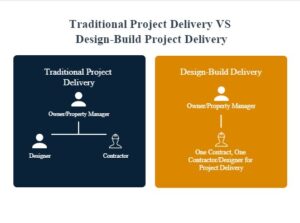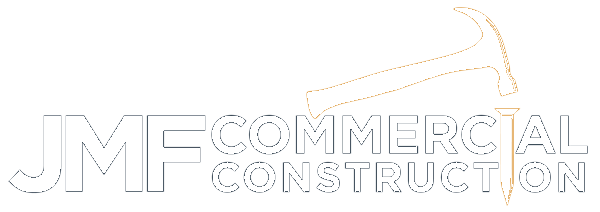What is Tenant Improvement?
Home » What is Tenant Improvement?

Tenant improvements are the changes or custom modifications made by the property manager or tenant to a leased property rental. The goal of the tenant improvement is to make the business more tailored and beneficial for an existing tenant or potential tenant.
In the commercial realty industry, the term tenant improvement is widely used. However, depending on what industry you are from the term can vary. By business professionals, they may use the term leasehold improvements, while the construction industry calls them build-outs. Ultimately, all these terms have the same meaning. Tenant improvement are the necessary changes to modify a property rental to benefit a specific tenant. These modifications occur within the confines of the rental property and can include painting, flooring, adding partition, lighting, and wiring.
What Are The Benefits Of Tenant Improvements?
There are many benefits of making tenant improvements for property managers and tenants. Landlords benefit from leasehold improvements by increasing their chances of keeping existing customers. Property managers could use tenant improvements as a marketing strategy to target a specific industry or business to rent out to. In general, property managers that make tenant improvements for their tenants are happier. As a result, landlords can charge their tenants more money. Another benefit is the increased property value from making improvements. The property can be used as a tax advantage from depreciation of the increased property value over the years.
Tenants benefit from increased customer satisfaction. An improved business that runs more efficiently will have an impact on customers and the services/products your business will provide them. Employee morale of an improved workplace will make them more productive, which can make you more profitable. Payment of leasehold improvements must be discussed by the landlord and tenant prior to acting.
Who Pays For Tenant Improvements?
There are three outcomes of financial responsibility for leasehold improvements. They can be paid by either the property manager, tenant, or both.
Tenant improvement Allowance (TIA) is the budget allocated and funded by the property manager that a tenant can spend on modifications. Typically, this can be found within the lease agreement which specifies how much the landlord will pay and whatever is remaining the tenant will pay.
Building Standard Allowance (BSA) is a standard specified set of improvements that the landlord is willing to pay for. Tenants will be financially responsible for paying for anything outside the standard improvements agreed by the property manager. Typically, BSA can occur when construction is already existing on site and additional improvements can be easily made by contractors.
Rent Discounts can be used with other techniques discussed. This is involving the property manager reducing the cost of rent for a limited time in lieu of the tenant improvement expenses.
Turnkey Projects are fully controlled and funded by the property manager. These projects often occur prior to the tenant moving into the property. However, it is expected the tenant will be responsible financially for changes or modifications made after the lease is agreed and signed.
Tenant improvements are essential for property managers and tenants. There are many benefits that comes with modify the rented space to meet the tenant needs and should not be overlooked. If your interested in ideas for tenant improvements click here.
Partner With JMF Commercial Construction
JMF Commercial Construction is an experienced licensed contractor serving commercial and light industrial businesses, and HOA Property Management. We provide convenient and quality services to the Los Angeles & Orange County businesses.
To start your next commercial construction project today! Contact JMF Commercial Construction for an Estimate.
Email us at info@jmfcommercialconstruction.com or call us at (562)572-8354.
Most Popular:
Have A Question?
Relevant Blog Posts

What Is Commercial Construction?
Commercial construction is the process of planning, designing, altering, and/or building of commercial buildings or structures. It focuses on serving private sector such as retailers,

5 Tips for Business Leaders When Requesting Construction Bids
For many businesses, working with general contractors is a daily part of their routine. However, if you are new to requesting bids from general contractors,

5 Things to Consider With Commercial Renovations
Many commercial business owners do not know what to consider prior to starting commercial renovations. There are many important aspects to consider for renovation such

The Difference Between Remodeling & Renovation
Remodeling and renovation are two techniques a business can utilize in making their business more efficient and profitable. Remodeling brings companies the opportunity to make

How Does Cold Weather Impact Commercial Construction?
There is no surprise that weather plays a role in commercial construction. Depending on your project, cold weather can impact your commercial construction. Often, cold

What Is Design Build?
Design-build is an efficient method of project delivery as one entity, where there is a single contract with the owner/property manager and the contractor. The

10 Reasons: To Hire A Local Commercial Construction Company
In most cases, when you are looking to hire a commercial construction company you want them to be local because they are more convenient and



